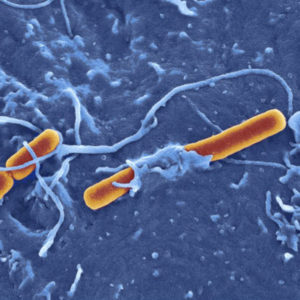Genomics & Epidemiological Surveillance of Bacterial Pathogens - Latin America and the Caribbean
16–21 April 2023
Asunción, Paraguay
Learn how to apply genomics to epidemiological surveillance of bacterial pathogens and public health in Latin America
Summary
In collaboration with the Central Laboratory of Public Health, Ministry of Health and the Faculty of Exact and Natural Sciences of the National University of Asunción, Paraguay, we are pleased to announce our latest overseas course in Genomics and Epidemiological Surveillance of Bacterial Pathogens.
This course aims to provide training in the skills required to generate and interpret high throughput genome sequencing data in a public health setting. This year’s course will have a strong emphasis on AMR and pathogens endemic to Latin America, whilst also training participants in the latest laboratory and computational methods for genomic sequence analysis and surveillance.
Course background
This is a focused course that was established in 2013 to show how traditional epidemiological surveillance, molecular typing and genomics based methods complement each other and hence contribute to generating the most reliable information available for public health decision making. Although the course is built around genomic surveillance the focus of this course is designed to reflect regional public health priorities on bacterial pathogens, and this year’s course will have a strong emphasis on infections endemic to Latin America. In the last few years the surveillance community faced the challenge of the COVID-19 pandemic, speeding the process of introducing advances in genomics, sequencing technology and our ability to interpret high resolution sequence data for surveillance purposes.
We are now seeing a shift from the use of molecular typing data for epidemiological surveillance and public health investigations of infectious disease to using Whole Genome Sequencing (WGS) for this purpose. In some settings WGS is now being used to define outbreaks and trace infection sources in humans, animals and the environment, contributing to reinforce a One Health approach. This approach also offers enormous promise for predicting antimicrobial resistance phenotypes.
Existing studies that have used genomics for mapping the spread of pathogens have highlighted two things, firstly that genomic datasets are growing day by day and they offer the context against which to understand local patterns of disease. Secondly these studies also highlight the power gained from public health scientists and academic research scientists working together to better understand infectious disease. This is the foundation of this course and expert instructors have been assembled from a wide range of settings in Latin America and Europe, including national and international public health organisations and front line high-profile genomic research organisations. We recognise the synergy between academic research and public health and this is your opportunity to strengthen this effort by attending the course.
Target audience
The course is targeted at clinical/public health molecular biologists and microbiologists working in Latin America and the Caribbean.
The course is free to attend for non-commercial applicants. Limited travel bursaries are also available.
Programme
This course builds upon previous versions, incorporating genomics and problem solving exercises with modules that demonstrate how epidemiological information and phenotyping-in combination with sequence data – can be used:
- for georeferencing (also known as ‘phylogeography’) where the location of disease causing strains are mapped with detailed genetic and phenotypic data (for example antibiotic resistance patterns) to look for regional patterns of disease, and
- to understand the fine detail of new and emerging infections, the risk to public health and the management of infectious diseases.
The week-long programme will include:
- Practical bioinformatics skills needed to manipulate raw sequence data (some of which will be generated on the course), including: mapping and de novo assemblies, SNP calling, annotation, antimicrobial resistance calling, and analysis of genomic information
- Principles of phylogeny and construction of accurate phylogenies
- Group exercises designed to teach everyday skills required to work in genomic surveillance
- Practical exercises for using GPS to map cases of infectious disease and phenotypes (such as AMR) across the world
Learning outcomes
After attending the course, participants should be able to:
- Recognise the principles of high throughput sequencing and how to apply them effectively
- Sequence genomic bacterial DNA using short- and long-read methods
- Use sequence analysis tools effectively
- Explain what a phylogenetic tree is, and what it represents
- Formulate projects using the global surveillance platform Microreact
- Perform comparative genomics on multiple genome sequences
- Compare different traditional bacteriological identification methods with molecular typing methods and genomics in the context of local and regional resources
- Explain, using examples, how bacterial pathogens and AMR spread among human populations.
*Please note: The practical sessions will be taught exclusively through Unix/Linux. Therefore, participants are required to have some familiarity with the Linux operating system. This will be essential for participants to fully benefit from the course. There are numerous online introductory tutorials to the UNIX/Linux operating system and command line, including:
Instructors and speakers
Lead instructors
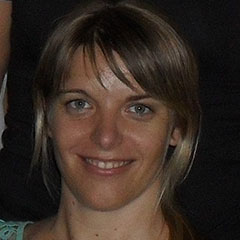
Josefina Campos
INEI ANLIS “Dr. Carlos G. Malbrán, Argentina
Matt Holden
University of St Andrews, Scotland
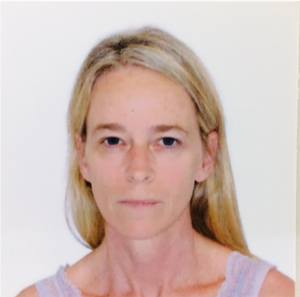
Natalie Weiler Gustafson
Central Laboratory of Public Health Asunción, Paraguay
Instructors
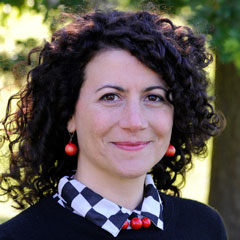
Silvia Argimon
Centre for Genomic Pathogen Surveillance, University of Oxford, UK
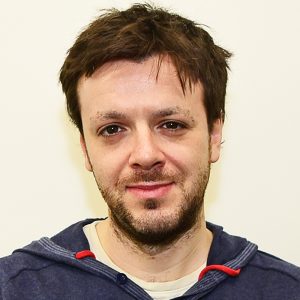
Mathew Beale
Wellcome Sanger Institute, UK
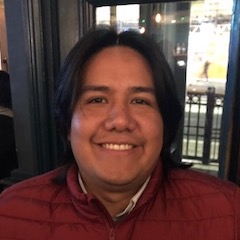
Julio Caballero
Centre for Genomic Pathogen Surveillance, University of Oxford, UK
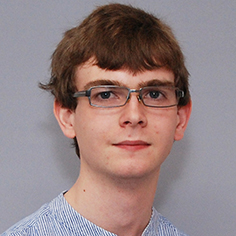
Matthew Dorman
Wellcome Sanger Institute, UK
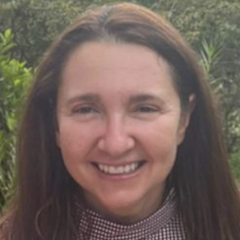
Caterina Guzman Verri
PIET, Veterinary School, Universidad Nacional, Costa Rica
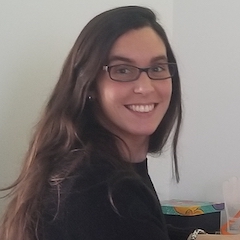
Sol Haim
INEI ANLIS “Dr. Carlos G. Malbrán, Argentina
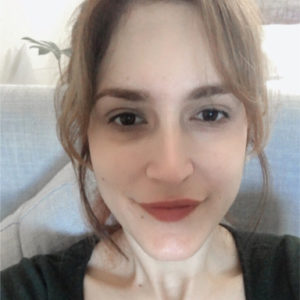
Jazmin Martinez
Central Laboratory of Public Health Asunción, Paraguay

Tomás Poklepovich
INEI ANLIS “Dr. Carlos G. Malbrán, Argentina
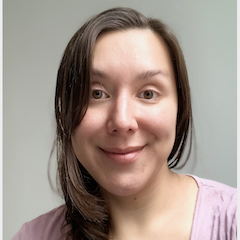
Marcela Suarez
Universidad Nacional, Costa Rica

Dusanka Nikolic
Wellcome Connecting Science, UK
Organisers

Alice Matimba
Wellcome Connecting Science
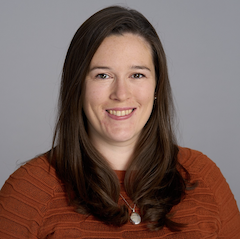
Amy Pass
Wellcome Connecting Science
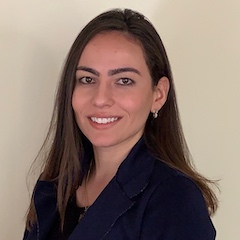
Isabela Malta
Wellcome Connecting Science

Martin Aslett
Wellcome Connecting Science
How to apply
Prerequisites
Applicants should be clinical/public health molecular biologists or microbiologists working in Latin America and the Caribbean. Applicants should also have training in standard microbiology lab techniques (pipetting, handling of biological samples, etc.).
Places are limited and the course will be held in English (with language support provided where necessary by Spanish- and Portuguese-speaking instructors).
How to Apply
Please click the Apply button above to begin the online application process. Places are limited and will be awarded on merit. If you have any problems with the online application process, please contact us.
Applications must be supported by a recommendation from a scientific or clinical sponsor (e.g. supervisor, line manager or head of department). A request for a supporting statement will be sent to your nominated sponsor automatically during the application process. Applicants must ensure that their sponsor provides this supporting statement by the application deadline. Applications without a supporting statement cannot be considered.
Accommodation services phishing scam – please be vigilant. More information
Cost
Cost
The course is subsidised by Wellcome Connecting Science and is free to attend for non-commercial applicants. Please contact us for the commercial fee.
Bursaries
A limited number of bursaries are available for each course. These are awarded on merit to cover travel, accommodation and sustenance. If you would like to apply for a bursary, please complete the bursary section of the online application form.
Bursaries can be applied for as part of the course application form. Applicants will be notified of a bursary award along with their place on the course, usually within one month of the application deadline. The decision of the selection committee is final.
Please note that both the applicant and sponsor are required to provide a justification for the bursary as part of the application.
Accommodation services phishing scam – please be vigilant. More information.
Testimonials
Feedback from the 2019 course:
“The instructors are the soul of the course. You can feel all the work behind the organization and they were very accesible to any questions that we have. I´m very impressed about their professionalism and charisma.”
“Excellent course! Excellent instructors! The organization was great too. The best part was the conceptualization of the course, giving time for networking, discussions, and learning how to teach and work in groups, was amazing! I am thankful for the opportunity to participate in this course.”
“Thank you for this wonderful opportunity The professors and course assistants were kind and gave us a great experience. I learned in a week the equivalent of months of training in different courses.”
“The course covered my expectations, I want to thank everyone for the work of all the instructors and assistants.”
